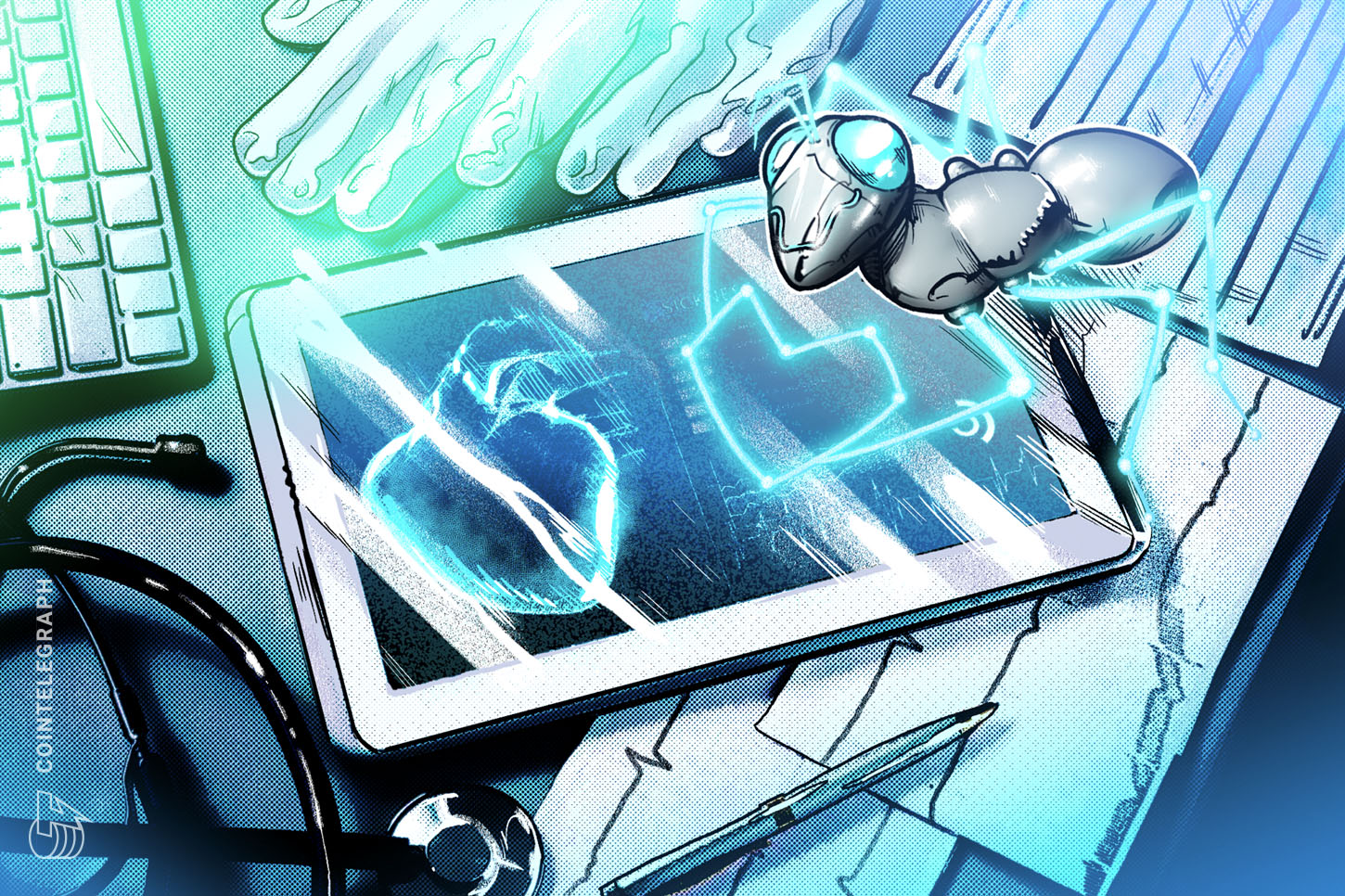9 appealing blockchain usage cases in health care market

Using blockchain innovation in the health care market has the prospective to transform the method medical records are handled, medical research study is carried out and patient care is provided. Here are 9 appealing usage cases for blockchain in health care.
Medical record management
Medical records can be securely kept and handled utilizing blockchain, enhancing ease of access for clients and health care experts. Clients’ capability to manage access to their medical records improves security and personal privacy. One example is MedRec, a blockchain-based system for handling medical details produced by MIT scientists.
MIT Teacher Andrew Lippman states the objective of the MedRec job is to be like a Swiss bank for health records, however without the bank. #Bizofblockchain
— MIT Innovation Evaluation (@techreview) April 23, 2018
Scientific trials
By using a transparent and immutable trial information record, blockchain can increase medical trials’ openness and stability. The Scientific Trials Reporting and Outcomes (CTRR) platform is one example of a platform utilizing blockchain to keep medical trial information.
The CTRR platform is a blockchain-based platform established by the pharmaceutical business Pfizer in partnership with other business, consisting of IBM. Using blockchain makes it much easier for scientists and regulators to gain access to and confirm trial information, enhancing the quality and dependability of medical trial outcomes.
Prescription drug traceability
Blockchain innovation can trace prescription medications from the point of manufacture to the last client, reducing the opportunity that phony medications will go into the supply chain. An example is a blockchain-based network called MediLedger, which tracks the circulation of prescription medications.
Supply chain management
Blockchain adoption can increase the performance and openness of supply chain management in the health care sector, making it more uncomplicated to follow the circulation of medical materials and devices. A blockchain-based supply chain management system used in the pharmaceutical market is VeChain, for instance.
San Marino has actually authorized VeChain’s Digital Covid Certificate, which tape-records pandemic associated case history on the blockchain and is apparently proven around the world. https://t.co/lGuqKfajQ8
— Cointelegraph (@Cointelegraph) July 2, 2021
Medical gadget management
Blockchain innovation can securely handle medical gadget information, consisting of use stats and maintenance logs, boosting client security and reducing the probability of faults. For instance, Narrated is a platform for handling medical gadgets based upon the blockchain.
Telemedicine
Telemedicine information, consisting of video assessments and electronic prescriptions, can be securely kept and shared through blockchain, boosting client access to care. An example of this usage case is the blockchain-based telemedicine platform Solve.Care.
Solve.Care has actually likewise developed specialized Web3 courses for South Koreans in partnership with Inha University. After finishing the program, trainees will have the abilities to upgrade, redefine and enhance next-generation Web3 digital health networks. Classes will start in March 2023.
Together with Inha University, we have actually released a curriculum that uses #Web 3 courses to their trainees. We’re empowering future Korean leaders to reimagine, redefine, and improve their currently outstanding #healthcare system.https:// t.co/ 6kTqfE5IrO$ resolve #blockchain pic.twitter.com/BpFyqlbBkX
— Solve.Care (@Solve_Care) February 14, 2023
Drug advancement
With blockchain, drug advancement can be more transparent and effective, allowing scientists to share details and collaborate more effectively. The Scientific Research study Blockchain platform is one example of a blockchain-based system for saving and exchanging medical research study information.
Individualized medication
Genomic information might be securely kept and shared utilizing blockchain, allowing more personalized and effective medical treatments. Shivom, a platform for exchanging and analyzing hereditary information, is an example.
Medical insurance
Blockchain can be used to the processing of medical insurance declares to increase openness, performance and speed while reducing scams. For example, MetLife is utilizing blockchain to enhance the life insurance coverage declares procedure, lowering the time needed to process claims and enhancing the general client experience.
The roadway ahead
Blockchain can entirely alter the health care sector from medical record management to drug discovery and medical insurance. Despite the fact that these usage cases are still in the early phases of research study, they have the prospective to increase health care shipment efficiency and enhance client results.
Related: What is blockchain interoperability: A novice’s guide to cross-chain innovation
Nevertheless, prior to blockchain can be commonly utilized in health care, many concerns still require to be dealt with, consisting of standardization, regulative and legal obstacles, and interoperability with existing systems.







